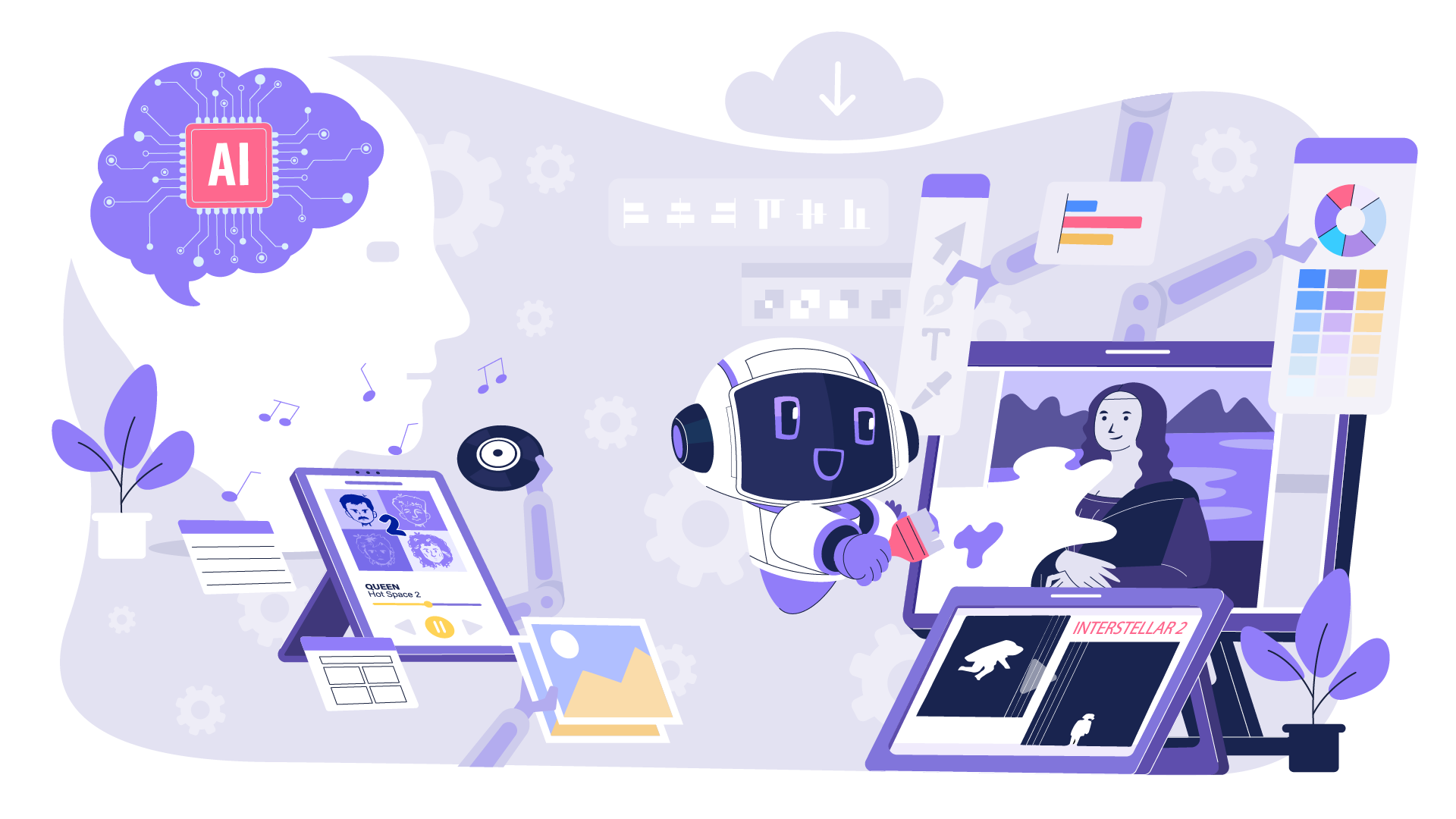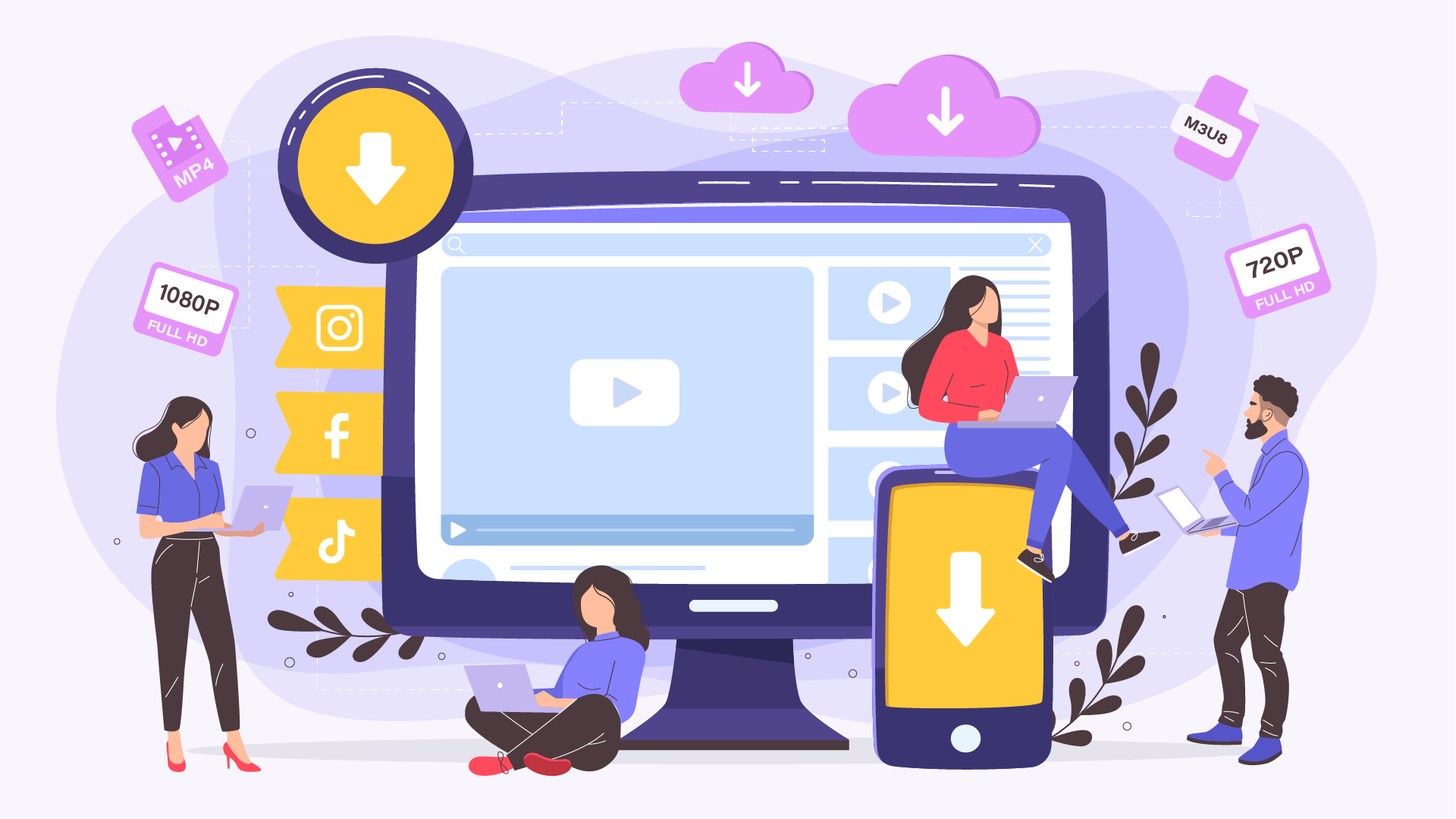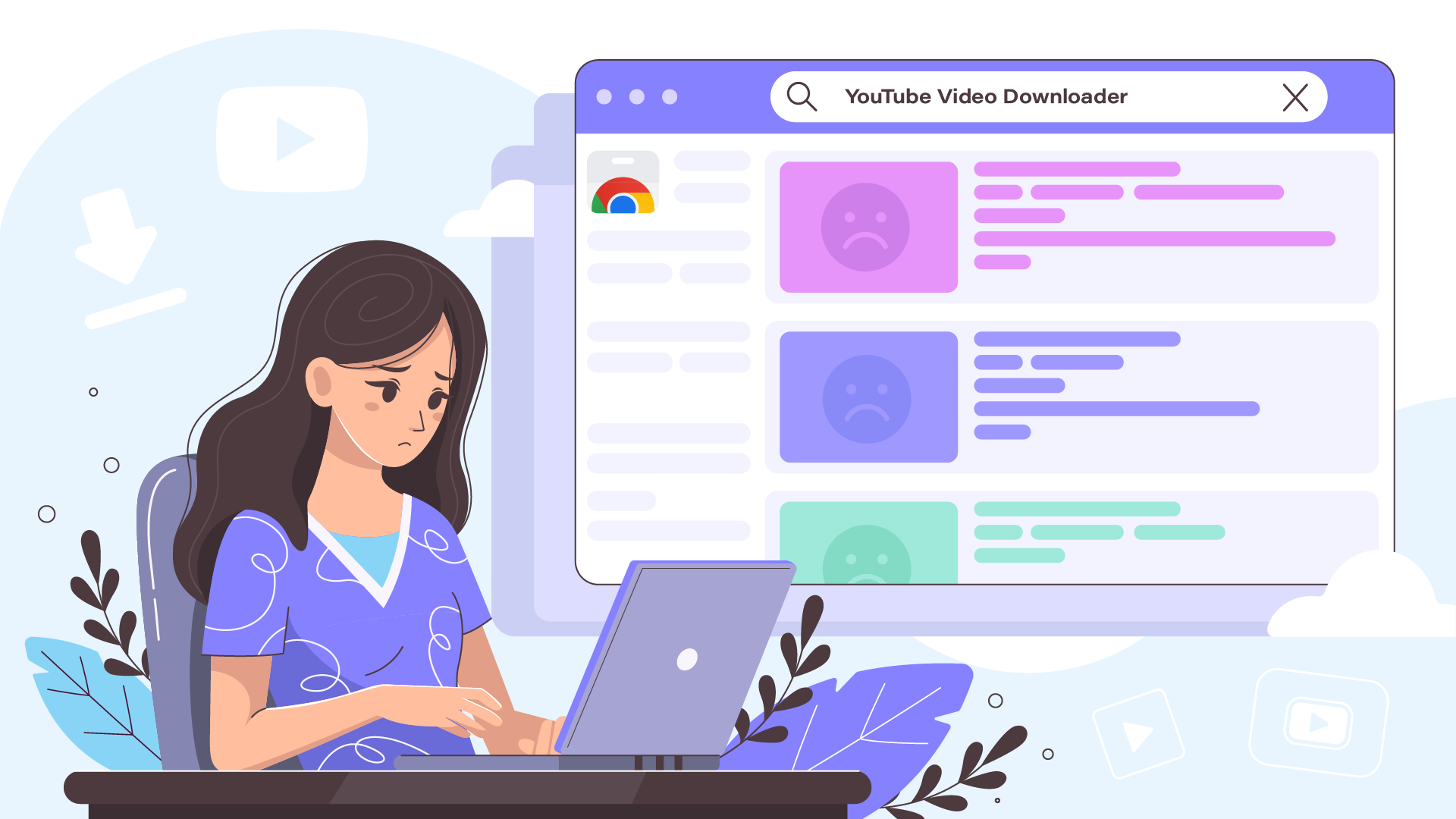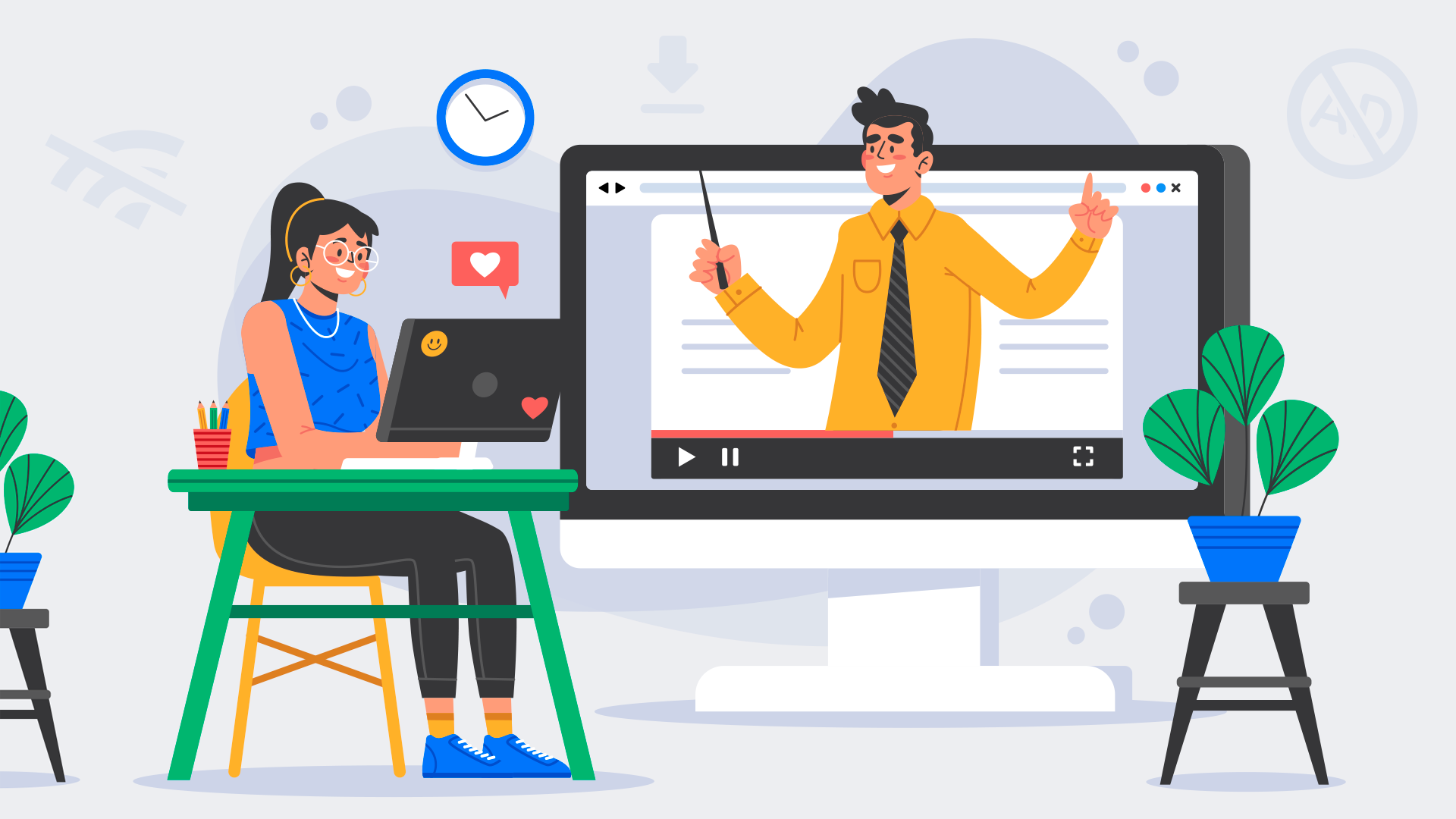Legal Aspects of Downloading Videos: What You Need to Know
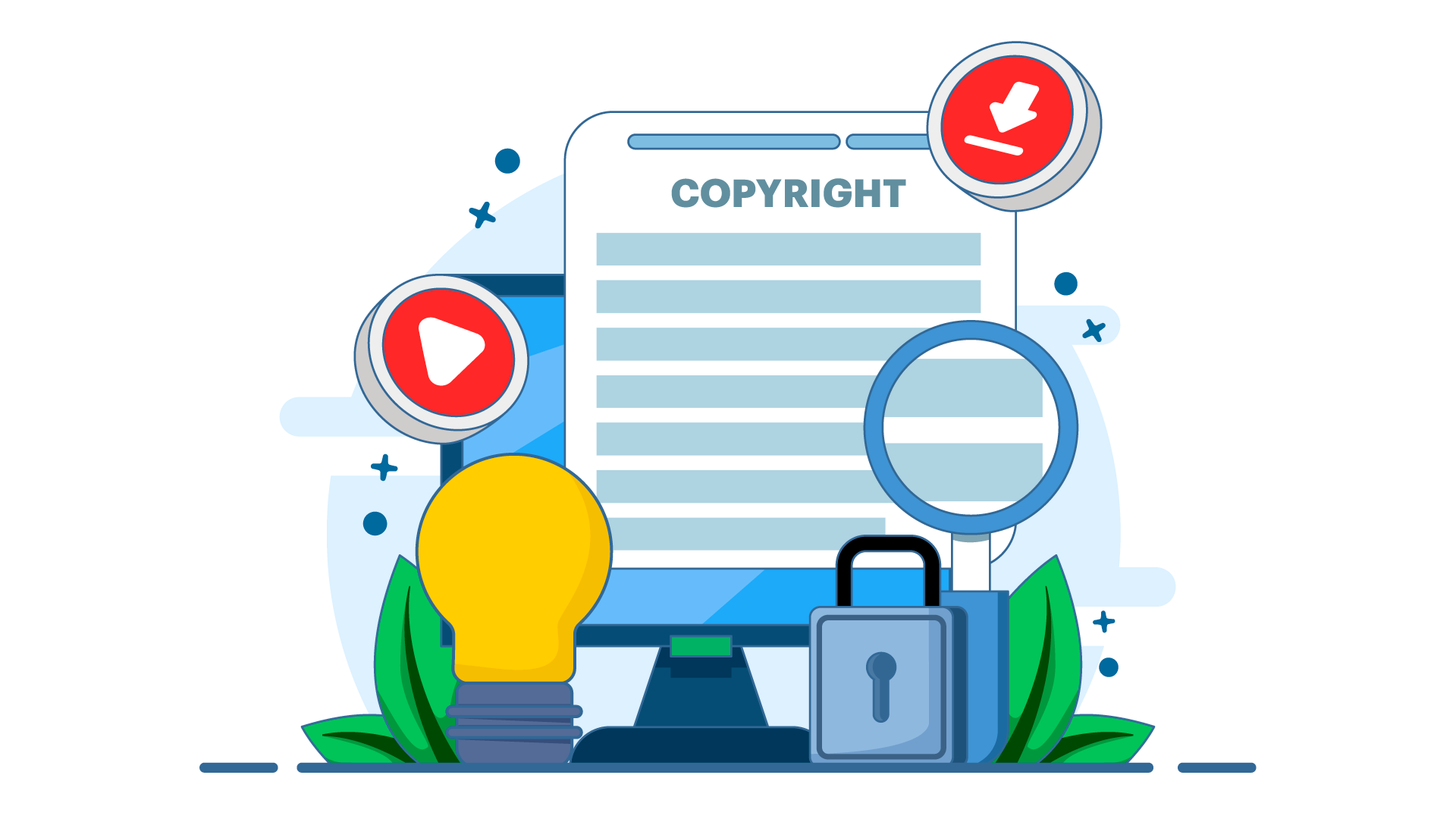
In the age of streaming, downloading videos has become incredibly common. Whether it’s saving a tutorial for offline viewing, archiving a music video, or backing up your favorite documentary, the reasons are plenty. However, while technology has made downloading easy, the legal landscape around it remains complex and often misunderstood.
In this blog post, we’ll unpack the legal issues surrounding video downloading from copyright laws to fair use policies, to help you stay informed and safe online.
Copyright Basics: Understanding Ownership
Most videos you find online are protected by copyright law, which gives creators exclusive rights over how their content is used, distributed, and reproduced. This means that downloading or reusing a video without permission from the copyright owner can be a violation of their rights, even if no money changes hands.
Copyright covers:
-
Movies, TV shows, and web series
-
YouTube videos
-
Music videos
-
Educational content
-
Social media clips (Instagram, TikTok, Facebook, etc.)
Even if a video is publicly available to stream, that doesn’t automatically mean it’s legal to download and store it.
What Is Considered Legal?
Public Domain Content
Videos that are in the public domain are not protected by copyright. These can be freely downloaded, shared, and reused. Examples include old government films or expired copyrights.
Creative Commons Licenses
Some creators release their content under Creative Commons (CC) licenses, allowing others to use and share the videos, sometimes with certain restrictions (e.g., non-commercial use or attribution).
Your Own Content
You can always download and use videos you created and uploaded yourself. Also, if someone has explicitly granted you rights, such as through a license or permission, you can legally download and use their videos.
Grey Areas and Fair Use
Fair use is a legal doctrine that allows limited use of copyrighted material without permission, typically for:
-
Criticism and commentary
-
News reporting
-
Education and research
-
Parody
However, fair use is not a free pass. Courts look at four main factors to decide whether a use is fair:
-
Purpose: Non-commercial, educational use may weigh in your favor.
-
Nature: Using factual content is more acceptable than creative works.
-
Amount: Using small portions is safer than large segments or full videos.
-
Effect on Market: If your use hurts the original creator’s revenue, it's likely not fair use.
Important: Fair use is a legal defense, not a right, so it’s up to a court to decide.
Terms of Service Violations
Websites like YouTube, Netflix, and TikTok often have strict terms of service (TOS) that prohibit downloading or redistributing their content without authorization. Even if there's no legal penalty, violating a platform’s TOS can result in your account being suspended or banned.
For example:
-
YouTube’s TOS prohibits downloading videos without a download button or feature.
-
Netflix strictly forbids capturing or recording content through external tools.
Best Practices for Safe and Legal Video Downloading
To avoid legal trouble while enjoying your favorite content, follow these guidelines:
-
Download only when you’re sure it’s legal.
-
Use official download options, like YouTube Premium or streaming apps with offline modes.
-
Check the licensing of any video you plan to download or reuse.
-
Attribute creators if you use their work under a Creative Commons license.
-
Avoid monetizing downloaded content unless you have explicit rights.
Conclusion
Understanding copyright, fair use, and terms of service is essential to avoid violations and respect creators' rights.
If you’re running a website or tool that enables video downloads, make sure to clearly state disclaimers and usage policies to educate your users. Encourage responsible behavior and compliance with all applicable laws.
Stay informed. Stay legal. And enjoy content the right way.


